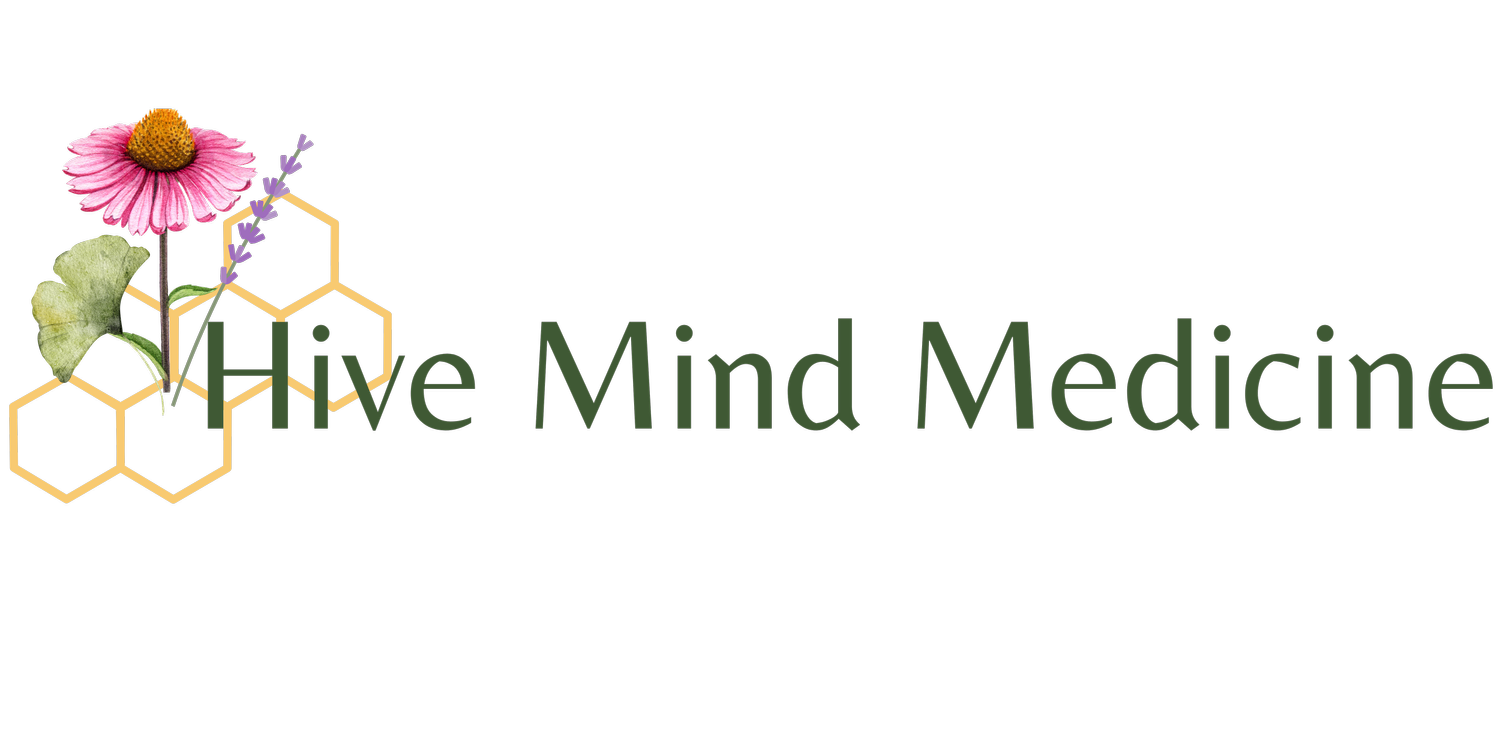Renewal, and Repairing Relationships
JULIE RHODES, ND
“I am sorry!?”
We have all uttered this phrase at some point in life (after two years old). Maybe we used this phrase in our youth to get out of trouble with a parent or teacher, or to accept responsibility for something we should not have done. Maybe we uttered this to a partner simply to end an argument.
Whatever the context you have previously used it in, I invite you to take a moment to reflect back on those times you directed these words to another, to see if you can gain a sense of the intentionality behind the words. Maybe you notice some haste in the words when used to quickly smooth things over, or maybe you notice deeper sadness from an experience where you realized that you had deeply hurt someone or made a more serious error. Most of us have also been on the receiving end of this phrase. I invite you to take some time to reflect on how different styles of apologies landed when they felt genuine versus when they felt superficial. If you're finding it difficult to remember past experiences, you can instead try to start noticing these events and your inner feelings in the present and over the next few weeks.
Although we have been somewhat conditioned to diminishing the importance of a sincere apology, this act can mark the renewal of a broken bond and an opportunity to sprout a new or stronger connection with another (or oneself). The word apology originally derived from the Greek word apologia meaning “a speech in defense” or “a well-reasoned reply to the accusations made”. The definition shifted from that of “self-justification” to its current meaning, “frank expression of regret for the wrong done”, in the 1590s.
An apology indicates that one is taking responsibility for the fault or mistake. The word “sorry” means distressed, grieved, full of sorrow, which is technically an acknowledgment of only one’s own personal feelings about the mistake without an awareness of how another has been impacted. The past two years of living through the COVID-19 pandemic has had short- and long-term adverse consequences on the psychological health of the general population, including increases in loneliness, anxiety, depression, as well as socio-political polarization, economic destabilization, and increased rates of substance abuse, domestic violence, and suicide. This global event has made it obvious that there is significant dysfunction at many levels in our societal structures, and the impact of this dysfunction is not homogenous as vulnerable populations will have a tougher time recovering.
Although it may seem like a monumental task to heal from this event, the rehabilitative journey is something that all of us can participate in by acknowledging our common humanity and the invisible wounds created by our indifference for someone else’s (and our own) inherent worth.
In this time of renewal and opportunity, brought on by the start of a new year, we have the opportunity to discover a new way of rekindling broken bonds with others and ourselves by learning and practicing these five steps:
Acknowledge that the relationship may have been impacted by the event/discussion/occurrence. This gives you the opportunity to name what brings you to the conversation (i.e. something happened and you can feel a disruption in the Force).
Assess the impact and origin of the disruption. This could be done in collaboration with the other person involved, where you both would get to know the specific elements of trust that had been violated. Knowing this information will help generate specific actions to remedy the problem. This is a time to understand that your intention may have been different than the impact but be careful not to invalidate the other person’s experience with what you “meant”. To focus on your intention is to ignore the impact the event/experience/occurrence had on the other person.
Admit your role in causing the breach of trust. Explaining the context and reasons for one’s actions is fine but try to avoid making excuses or shifting the blame, and instead take ownership. This is where you make the problem personal.
Apologize for your impact and harm.
Amend the situation by taking corrective action to repair any damage that may have been done and create an action plan for how you can improve in the future. “Here is what I will do differently going forward…”
Putting this all together could sound something like this, “I noticed some tension between us after (X event happened). Would you be willing to share with me what happened for you, so that I can understand how (my behavior/action/response) contributed to you feeling the way you are feeling.”
Once you are able to deduce from actively listening to the other person’s experience, you can then construct the apology and corrective action for moving forward.
“I apologize (for the thing), and will try to (enact the corrective action) in the future. I hope that by doing my part we can (continue to enjoy the gift of our connection).”
It is important to remember that a relationship is a two way street with many sinuous routes, and a sincere apology is the first step in the journey of repair. The act of forgiveness is the next process that must be addressed.
Dr. Rhodes is a licensed naturopathic physician starting her first year of a hybrid-model, gastroenterology-focused residency at Kwan Yin Healing Arts Center and Hive Mind Medicine. She earned her Doctor of Naturopathic Medicine and Master of Science in Integrative Mental Health from the National University of Natural Medicine, completing her studies in June 2021.
Hive Mind Medicine blog posts are for educational purposes only and are not intended as medical advice. Please consult with your health care practitioner for personalized guidance. Click on the contact button below if you would like to schedule with one of our Hive Mind practitioners.

